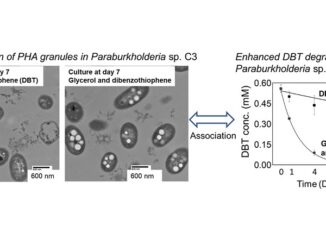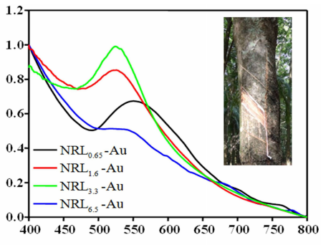
Eff ect of mass transport on the glycerol electro-oxidation
Abstract: The search for greener energy sources has led to the development of biodiesel. One of its by-product, glycerol, is usually converted into more valuable products by organic synthesis or homogeneous catalysis. There is still room for the research on converting this molecule by means of an electrolytic or fuel cell – for that goal, a deeper understanding of the process and its variables is desirable. This work aims at describing the role of mass transport at the glycerol electro-oxidation on polycrystalline platinum in acidic media. We found that at a proper condition, a new faradaic process is observable in the cyclic voltammetry at similar to 0.55 V, regarding the oxidation of glycerol at lower potentials. By means of a numerical experiment it is proposed that a soluble intermediate, namely glyceraldehyde, is the main actor in the inhibition of the process and that its removal, by the electrode rotation, yields a less poisoned surface. The results presented suggest that the aim for electrolytic or fuel cells should be the development of catalysts less active for glyceraldehyde and that the mass transport is a key factor in designing those devices. (C) 2018 Elsevier Ltd. All rights reserved.
Author (s): Melle, GB; Machado, EG; Mascaro, LH; Sitta, E
ELECTROCHIMICA ACTA
Volume: 296 Pages: 972-979 Published: FEB 10 2019
PDF: Eff ect of mass transport on the glycerol electro-oxidation
DOI: 10.1016/j.electacta.2018.11.085




